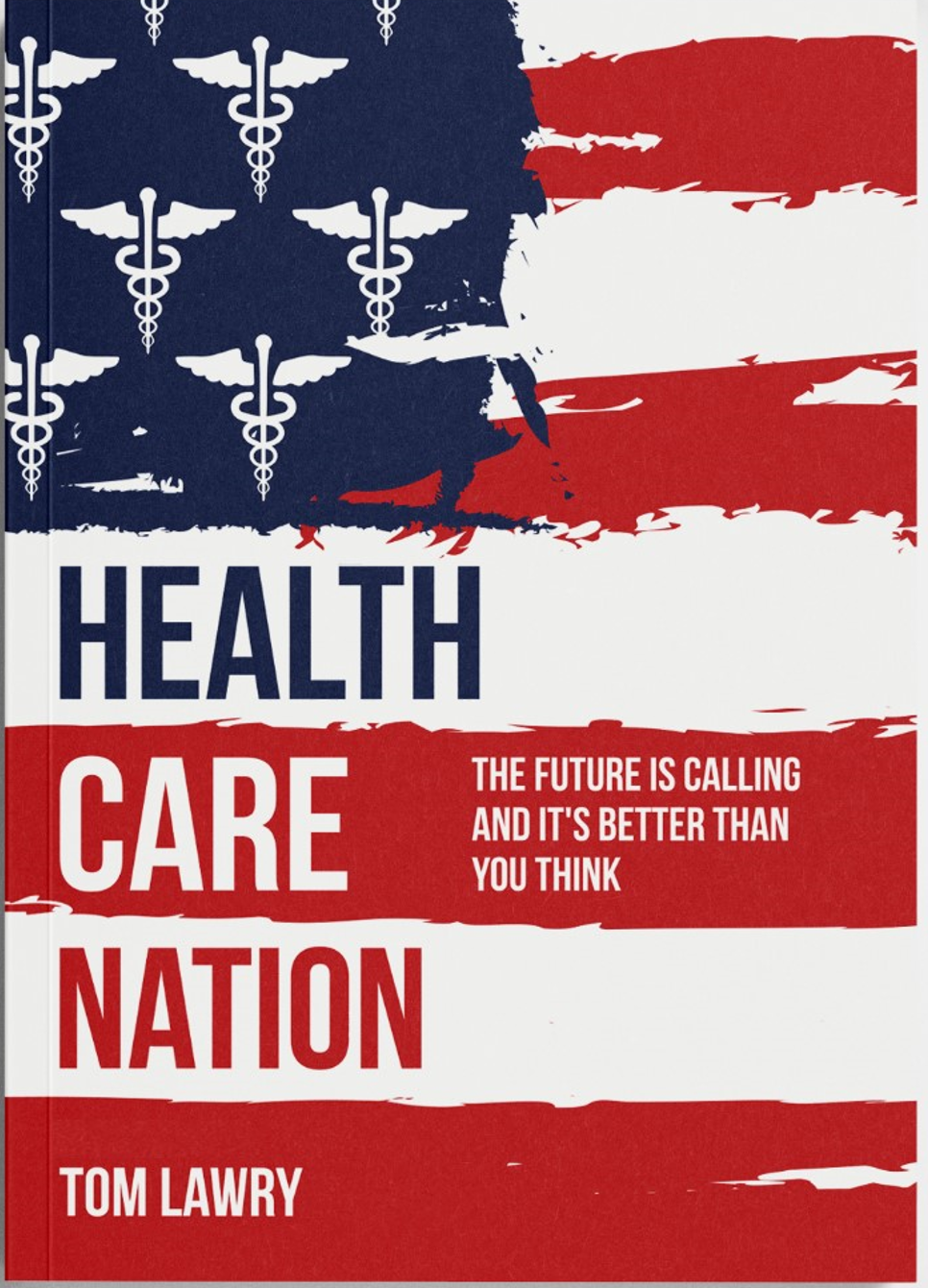Article
LA’s Catastrophic Wildfires Are a Cautionary Tale: Why Environmental Policy is Health Policy
Hippocrates wrote the essay “Air, Water and Places” in 400 B.C.E. to shine a light on the connections between our health and the environment.[i] With 2,000 years’ advance notice, you would think we would have done a better job of getting this right.
The tragic losses and impact of wildfires that decimated the Palisades and other Los Angeles area communities point to why environmental policies and health policies are intrinsically linked. America must factor environmental policies into its health transformation plan.
Let’s use the recent California wildfires to illustrate this point.
For Those Directly Impacted: 29 dead (at last count), with many citizens injured with burns, smoke inhalation, and respiratory distress. Beyond the physical injuries are the emotional trauma thousands of Californians are feeling with the sudden loss of their homes and way of life.
The Indirect Effects on Californians: Those outside the fire area were impacted by reduced air quality, impacting health conditions for anyone suffering from respiratory illnesses such as COPD.
Many metric tons of ash and debris were scattered across southern California. Experts warn that the recent blazes unleashed complex chemical reactions, turning ordinary objects into potentially toxic ash that includes harmful lead, asbestos, or arsenic, as well as newer synthetic materials. Some of these chemicals are linked to cardiovascular disease, reduced lung function, cancer, and Alzheimer’s disease.
The Indirect Effects on the Rest of America and the World: Smoke and air pollution from these fires will surpass the health impact of previous wildfires, potentially health status across America and the world.
- Wildfires in California have quintupled since the 1970s.[ii]
- In 2020, as much as 70% of California was covered by wildfire smoke.[iii]
- Smoke from the California wildfires in September 2020 traveled nearly 5,000 miles through the atmosphere to reach northern Europe in a matter of days.[iv]
As clean-up and recovery efforts get underway, scientists worry about where all the waste will go. Some potentially hazardous materials could end up in drinking water.[v]
2023 was the hottest year on record as was the summer of 2024.[vi] [vii] These conditions will likely continue and require America to integrate its approach to creating and maintaining a safe and healthy environment with efforts to create a health system that produces measurable benefits for its citizens.
Such an approach will not only improve quality of life but also reduce healthcare costs by preventing illnesses and injuries before they occur.
[i] Institute of Medicine (US) Committee on Assuring the Health of the Public in the 21st Century. The Future of the Public's Health in the 21st Century. Washington (DC): National Academies Press (US); 2002. 2, Understanding Population Health and Its Determinants. Available from: https://www.ncbi.nlm.nih.gov/books/NBK221225/
[ii] Smoke Covered 70% of California During Biggest Wildfire Years | UC Davis
[iii] Ibid
[iv] Smoke from US wildfires reaches Europe, satellite images show, The Independent, https://www.independent.co.uk/news/world/europe/us-wildfires-smoke-europe-satellite-california-oregon-b455594.html?utm_source=chatgpt.com
[v] Contaminated drinking water is a growing concern for cities facing wildfires | AP News
[vii] Summer 2024 hottest ever recorded, EU climate change monitor says, 24 France, June 9, 2024,
https://www.france24.com/en/europe/20240906-summer-2024-hottest-ever-recorded-on-the-planet-eu-climate-change-monitor-says
share this
Related Articles



